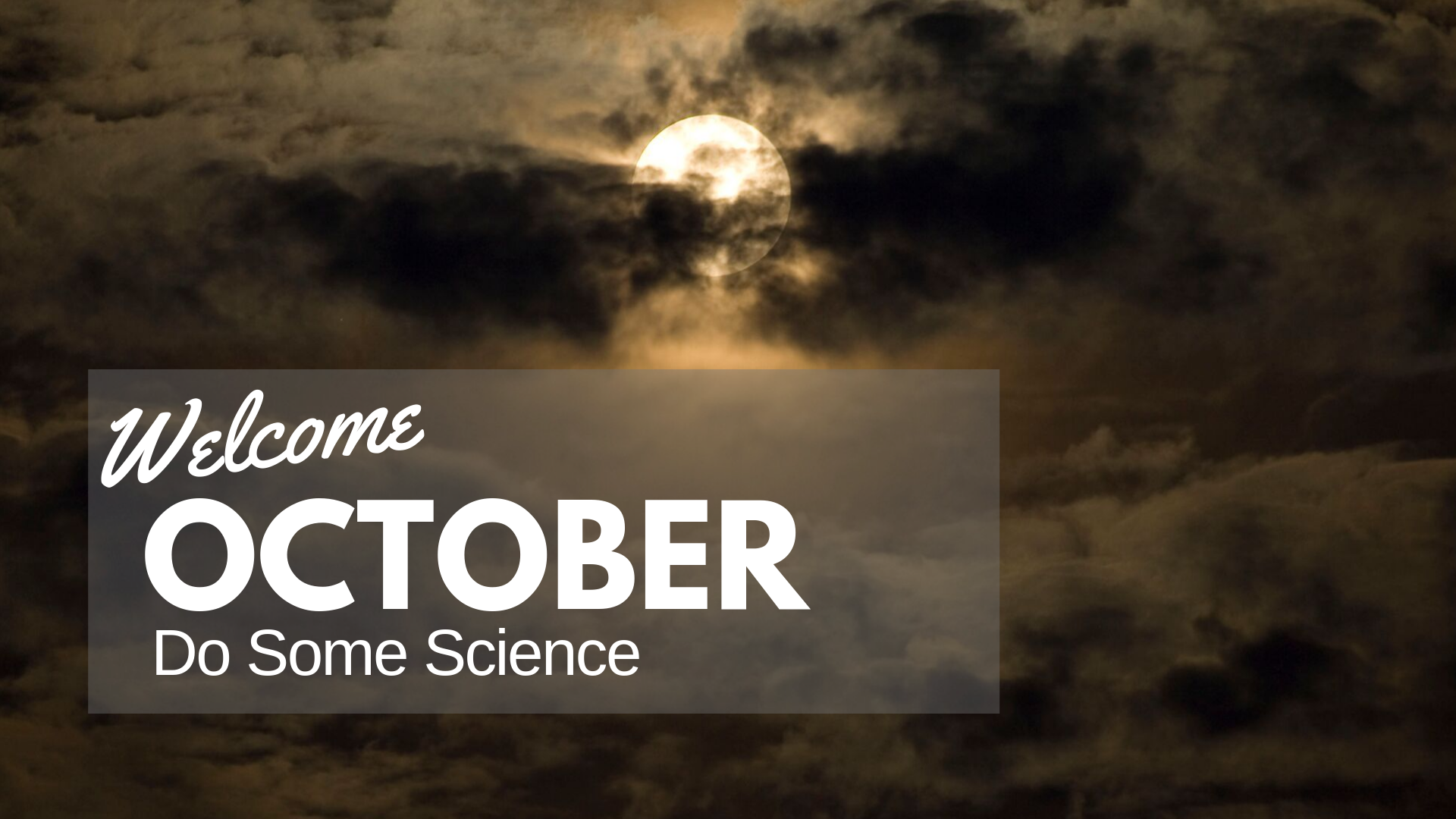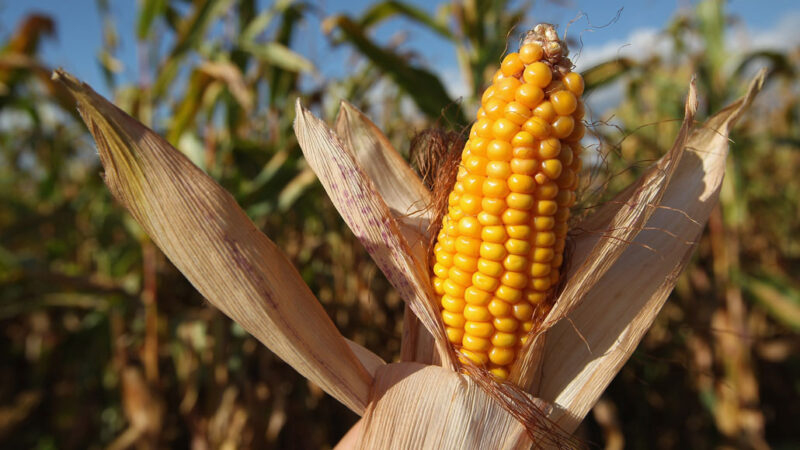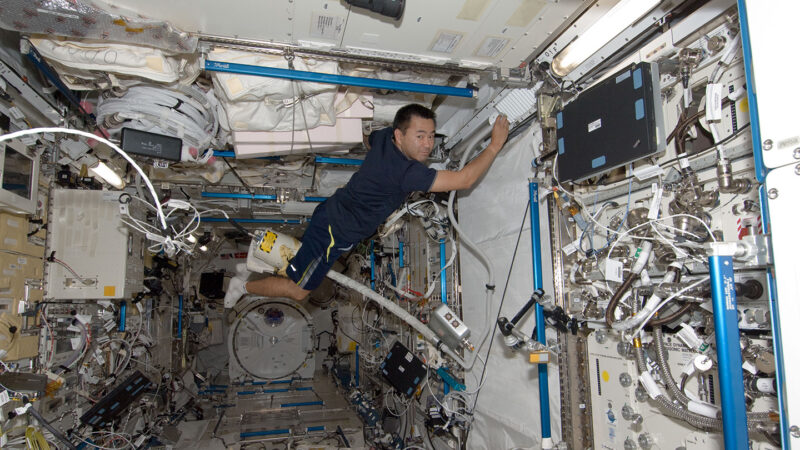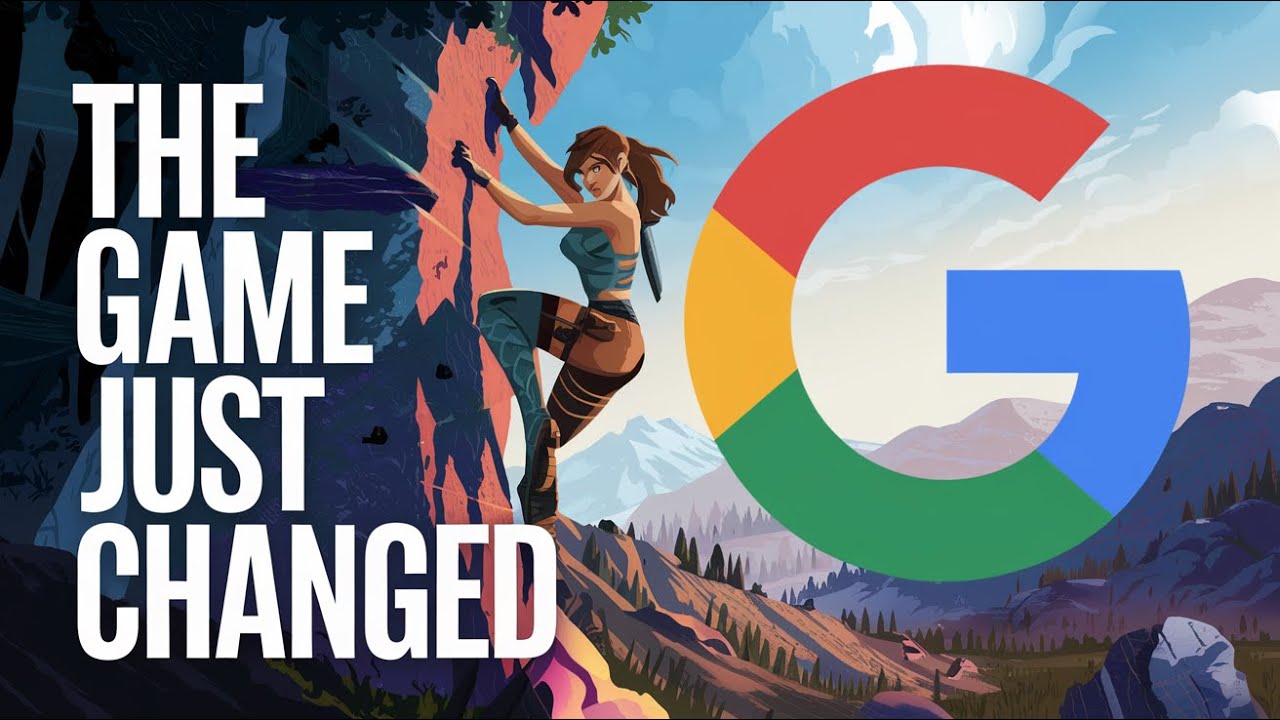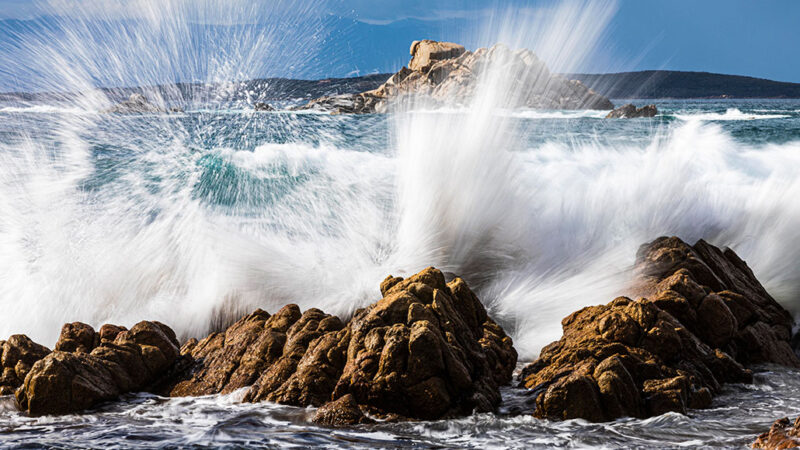As a science enthusiast, October is my favorite month of the year. In addition to being National Energy Awareness Month, September is also home to International Observe the Moon Night, the Draconids Meteor Shower , and National Chemistry Week. Of course, there is also Halloween and all the spooky science that comes along with it. Take a look at all the science October has in store!
October 4: World Animal Day
October 4-10: World Space Week
October 5: Astronomy Day
October 5: International Observe the Moon Night
October 6-12: National Metric Week
October 7-13: World Rainforest Week
October 8: Ada Lovelace Day
October 8: Draconids Meteor Shower
October 9: National Nano Day
October 10: Metric Day
October 13: Hunter’s Full Moon (also know as the Full Blood Moon)
October 13–19: Earth Science Week
October 14-18: Nuclear Science Week
October 15: Global Handwashing Day
October 16: Hagfish Day
October 19: National Fossil Day
October 19: Comet C/2013 A1 (Siding Spring) makes its closest approach to Mars
October 20: English Physicist, James Chadwick was born on this day in 1891. He is credited with the discovery of the neutron.
October 20-26: National Chemistry Week
October 21: Swedish scientist, Alfred Nobel, was born on this day in 1833. He is credited with invented the detonator for dynamite and nitroglycerin. The Nobel Prize was named after him.
October 21-22: Orionids Meteor Shower
October 23: National Mole Day
October 24: The first transcontinental telegraph system was completed on this day in 1861. It made it possible to transmit messages rapidly from coast to coast.
October 29: English scientist, Edmond Halley, was born on this day in 1656. He computed the orbit for the comet that bears his name today – Halley’s Comet.
October 27: Uranus at Opposition (great time to view the planet)

